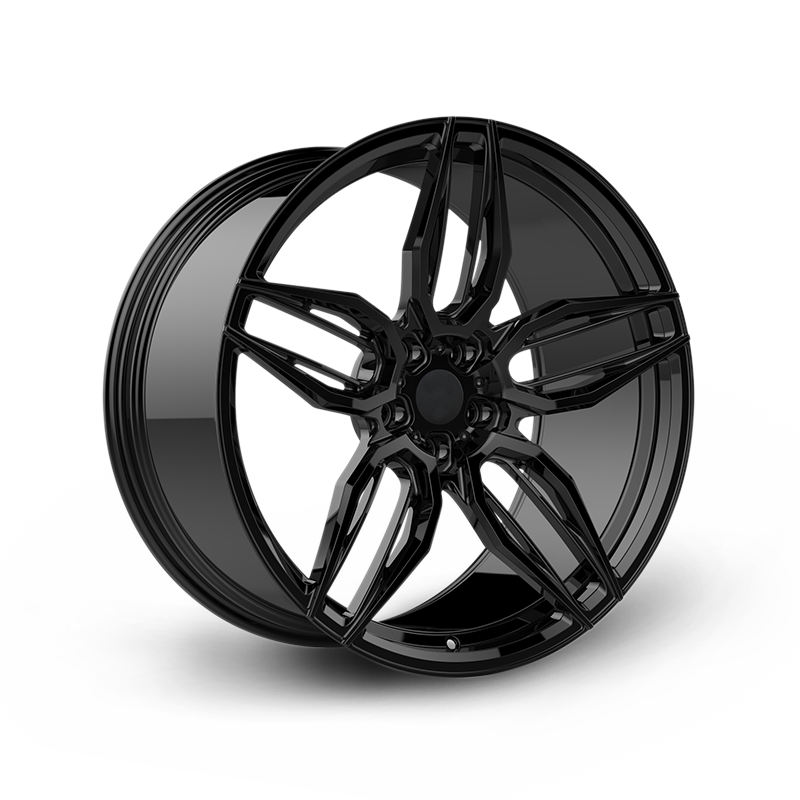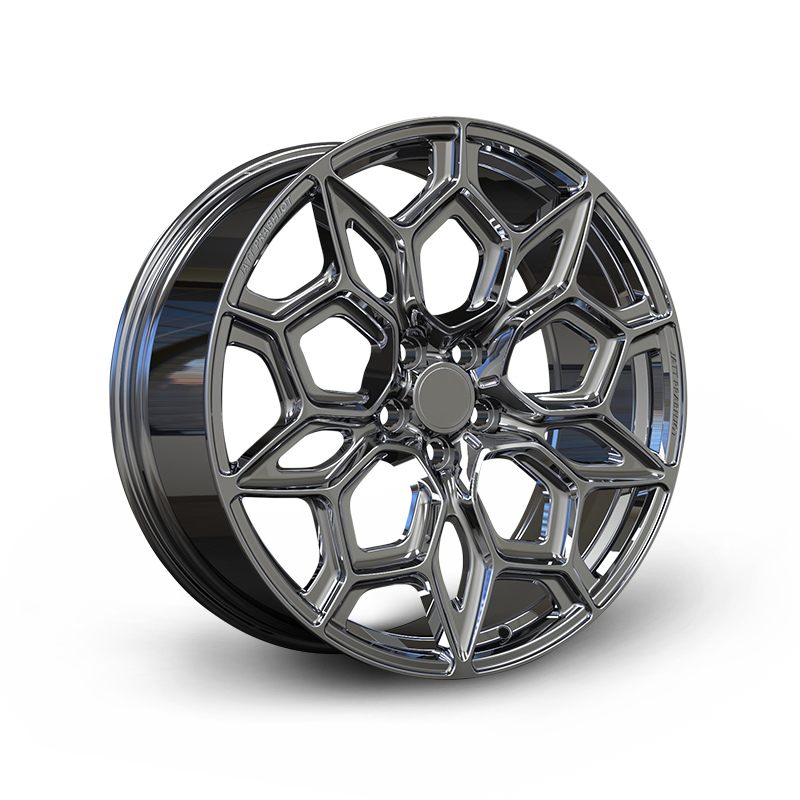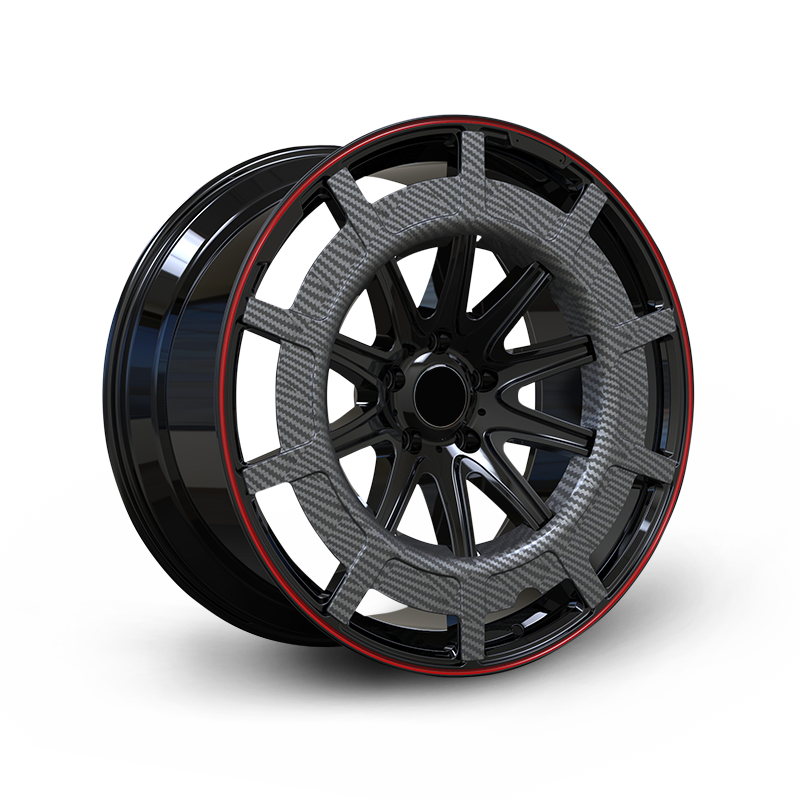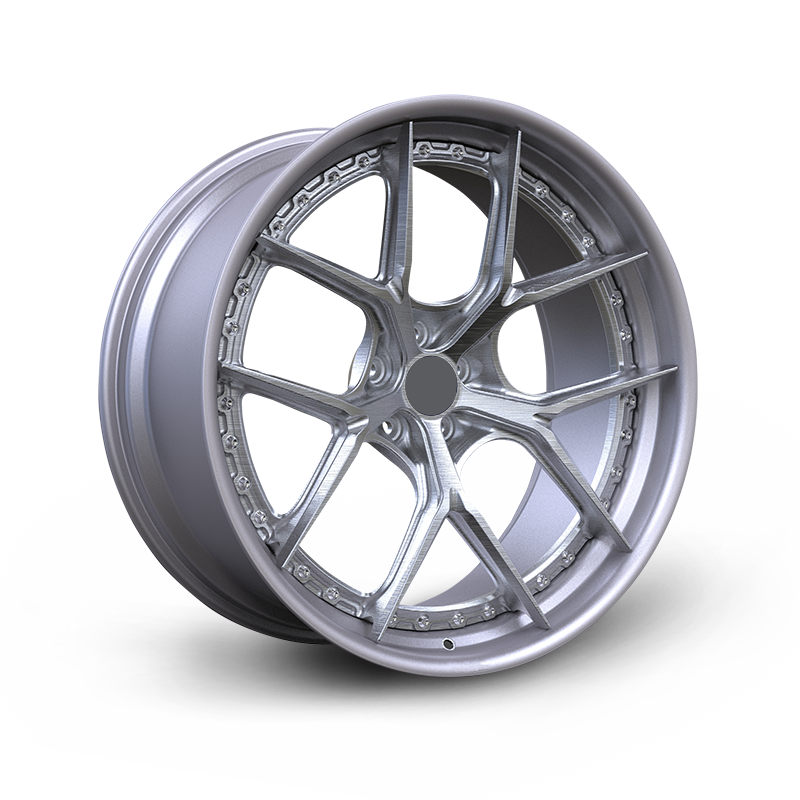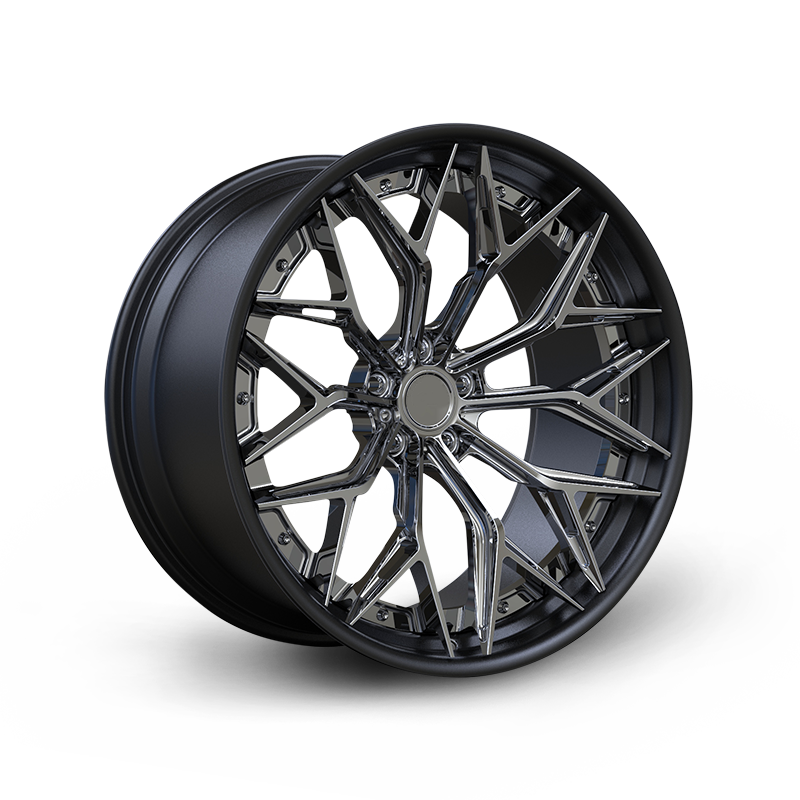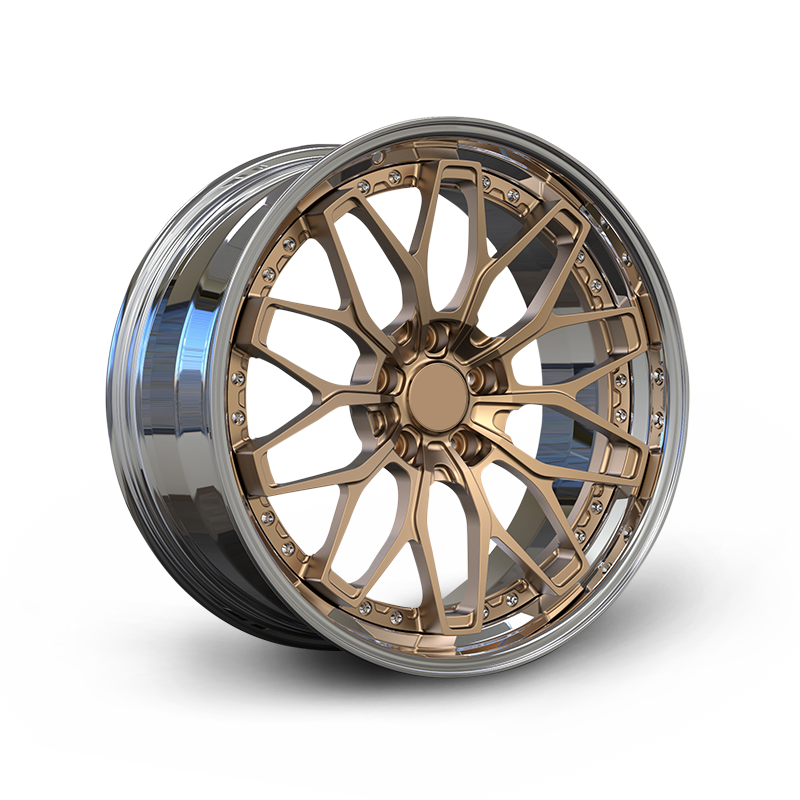Essential Factors to Consider When Buying Aluminum Alloy Wheels
When upgrading your vehicle's wheels, aluminum alloy wheels offer a blend of style, performance, and durability that makes them a popular choice among car enthusiasts. Whether you're considering 16 inch aluminum wheels or 18 inch aluminum alloy wheels, understanding the essential factors involved in choosing the right aluminum wheels for sale can help you make an informed decision that enhances both the look and functionality of your vehicle.

1. Wheel Size and Compatibility
One of critical factors to consider is the size of the wheels. Aluminum alloy wheels come in various sizes, and choosing the correct size is crucial for both performance and aesthetic reasons.
16 Inch Aluminum Wheels: These wheels are often favored for smaller vehicles or those looking for a balance between ride comfort and handling. They are typically lighter than larger wheels, which can contribute to better fuel efficiency and a smoother ride. However, they may not provide the same level of performance or aggressive stance as larger wheels.
18 Inch Aluminum Alloy Wheels: Larger wheels like the 18 inch aluminum alloy wheels are popular for their enhanced performance characteristics and more aggressive look. They can improve handling and braking performance due to their larger contact area with the road. Additionally, larger wheels often give vehicles a sportier appearance. However, they may result in a firmer ride and reduced fuel efficiency compared to smaller sizes.
2. Material Quality and Construction
The quality of the aluminum alloy used in the wheels is essential for ensuring durability and performance. High-quality aluminum alloys are designed to withstand the rigors of daily driving while maintaining their appearance.
Material Composition: Aluminum alloy wheels are typically made from a mixture of aluminum and other metals to enhance strength and reduce weight. Look for wheels made from high-grade alloys that offer a good balance of strength, weight, and corrosion resistance.
Construction: Aluminum alloy wheels come in various constructions, including cast, forged, and flow-formed. Forged wheels, for example, are generally stronger and lighter than cast wheels but may come at a higher cost. Understanding the construction type can help you choose wheels that meet your performance and budget requirements.
3. Aesthetic and Design Preferences
The design and appearance of aluminum alloy wheels can significantly impact the overall look of your vehicle. When selecting wheels, consider how their design will complement your vehicle's style.
Design Options: Aluminum wheels come in numerous designs, from simple and understated to intricate and bold. Consider whether you prefer a classic design or something more modern and eye-catching. The choice of finish—such as matte, glossy, or chrome—can also influence the wheel's appearance.
Customization: Many aluminum wheels for sale offer customization options, including different spoke patterns, finishes, and sizes. Customizing your wheels can enhance the look of your vehicle and make it stand out from the crowd.
4. Performance and Handling
The performance of aluminum alloy wheels plays a crucial role in your vehicle's overall driving experience. Factors such as weight, strength, and aerodynamics can affect handling, braking, and ride quality.
Weight: One of the primary advantages of aluminum alloy wheels is their lightweight nature. Lighter wheels can improve acceleration, braking, and fuel efficiency. When choosing between 16 inch aluminum wheels and 18 inch aluminum alloy wheels, consider how the weight difference will impact your vehicle's performance.
Strength and Durability: Aluminum alloy wheels are designed to offer a balance of strength and weight. Ensure that the wheels you select are strong enough to handle the stresses of driving while being lightweight to benefit from improved performance.
5. Cost and Budget
The cost of aluminum alloy wheels can vary widely based on size, design, and construction. Establishing a budget and understanding the pricing can help you find wheels that meet your needs without overspending.
Price Range: Aluminum wheels are available at various price points, depending on factors like size, brand, and construction. 16 inch aluminum wheels are generally more affordable than larger sizes such as 18 inch aluminum alloy wheels. However, higher-end options like forged wheels will typically be more expensive.
Whether you opt for 16 inch aluminum wheels or 18 inch aluminum alloy wheels, understanding these essential elements will help you make an informed decision that enhances your vehicle's appearance and performance.
If you have any questions, please fill out the contact form at the bottom of the page and contact us.

